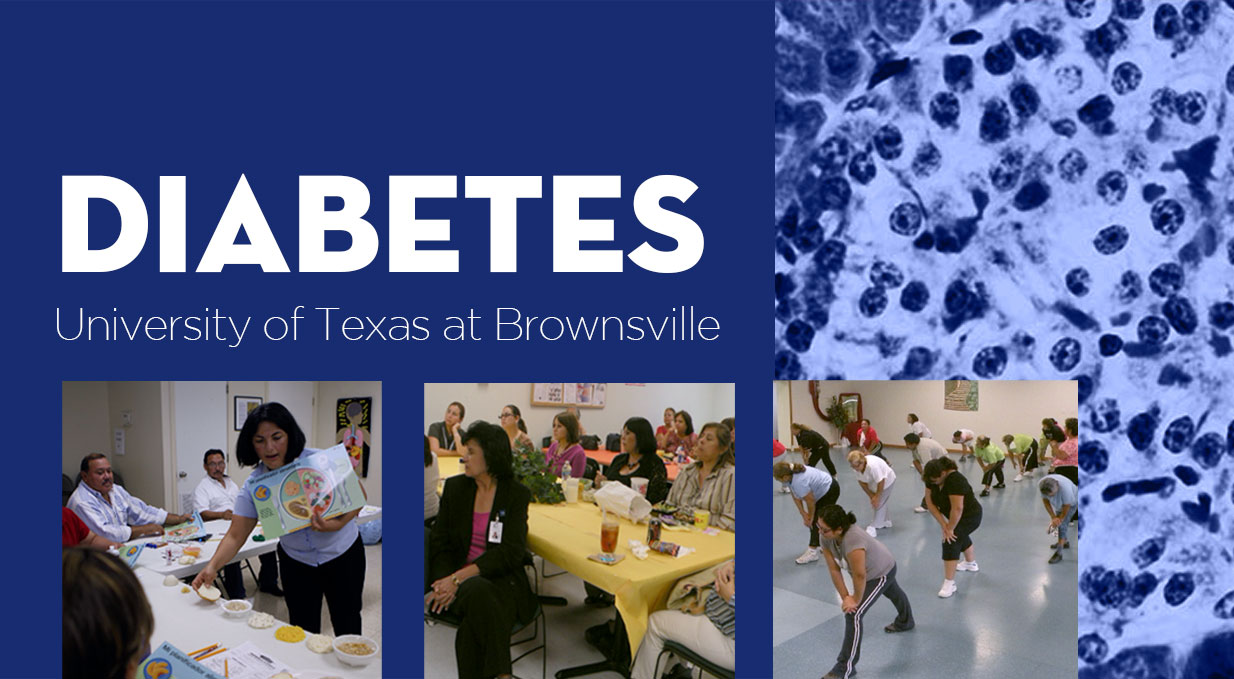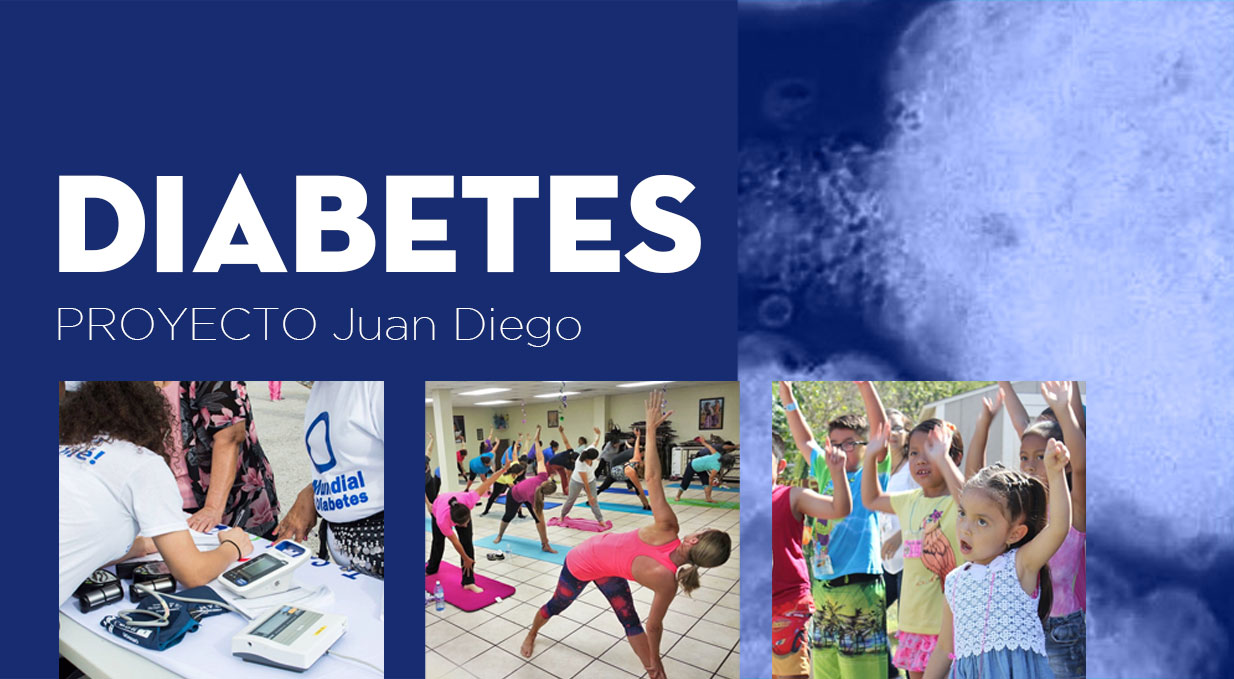we reach the heart of communities
The MyOwnMed ECOS Platform supports community based clinical research to give diverse under-served and under-represented communities a voice in clinical research. When the FDA issued Enhancing the Diversity of Clinical Trials recommending broader eligibility and increased enrollment of under-represented populations our MyOwnMed ECOS Platform was already in use by programs at The University of Miami Miller School of Medicine, Buffalo University, and a range of projects with The University of Texas Health Science Center School of Public Health across the state.
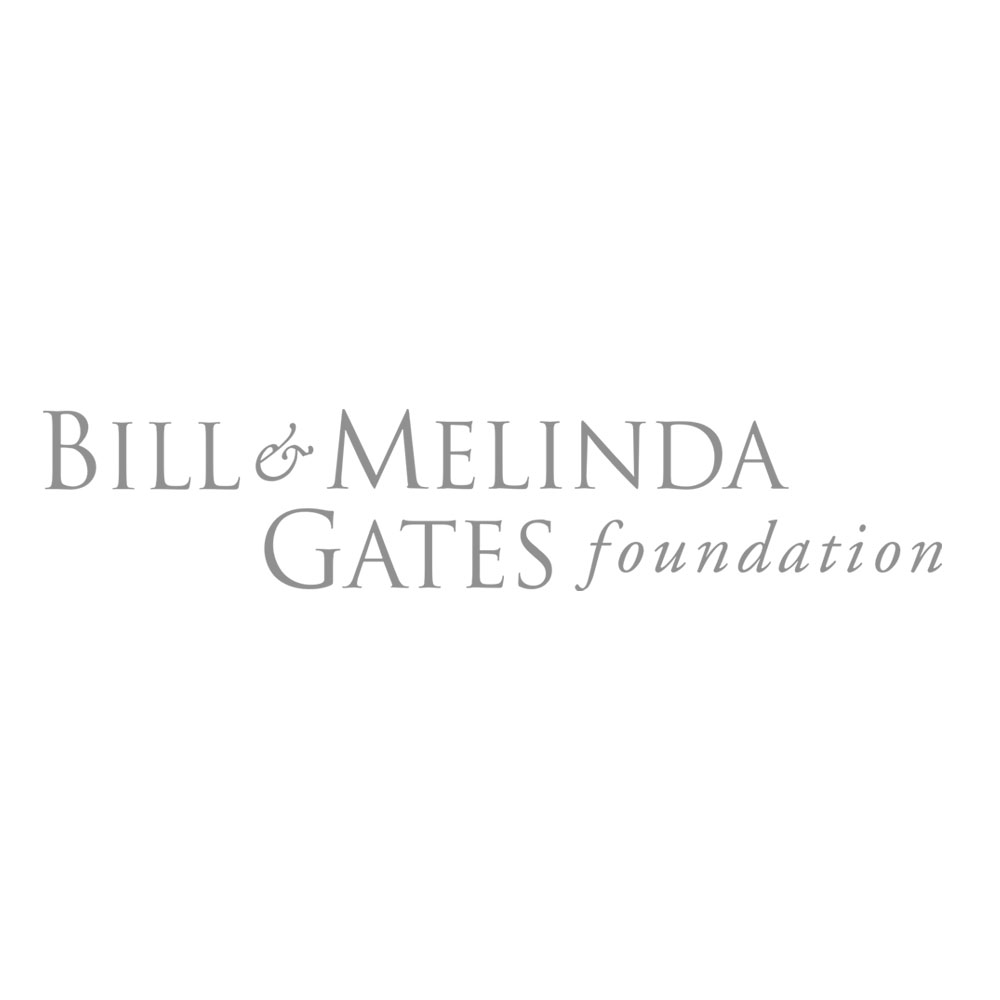
Client
Bill and Melinda Gates Foundation
Therapeutic Area
COVID-19
Status
Launched July, 2020
On-Going
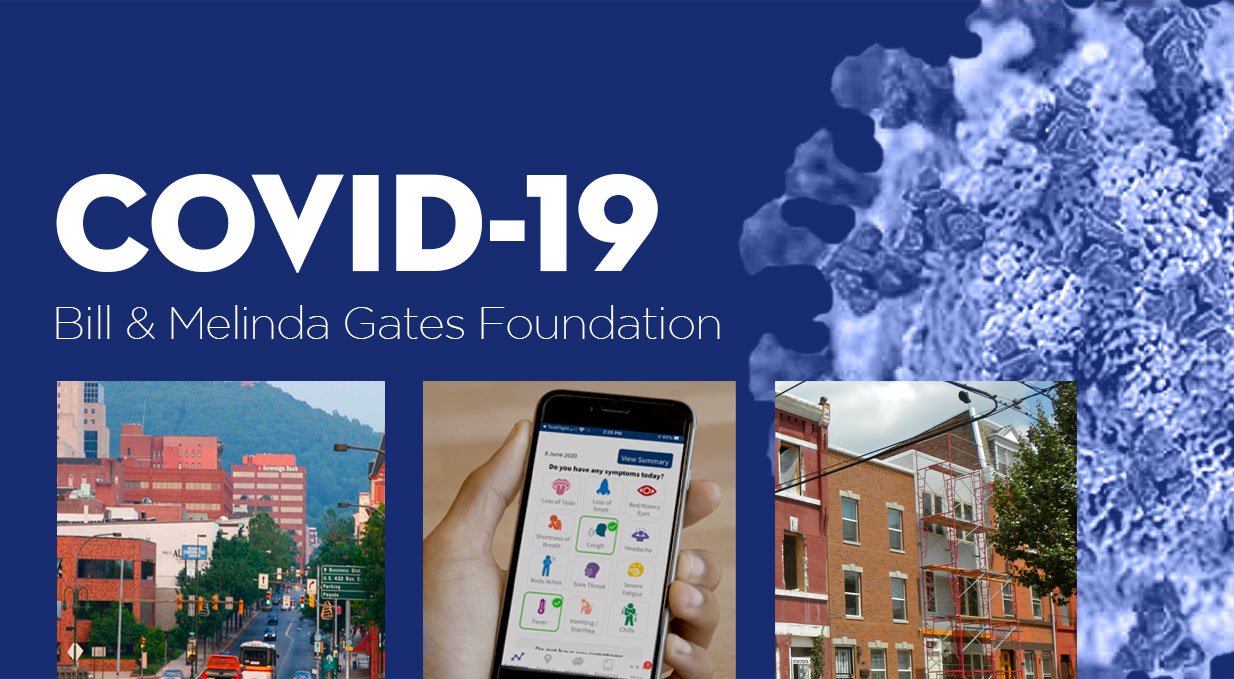
MyOwnMed has partnered with Drexel University and the Bill and Melinda Gates Foundation to use our COVID-19 digital platform combined with targeted testing, exposure surveillance and community engagement to build a standardized implementation model for use in community-based monitoring, in particular, under-served, under-represented communities where COVID-19 infection characteristics may have unique attributes and where testing resources will likely continue to be limiting. To that end we propose to test this model in the under-served, under-represented communities in urban (north Philadelphia) and rural (Reading, PA) settings.
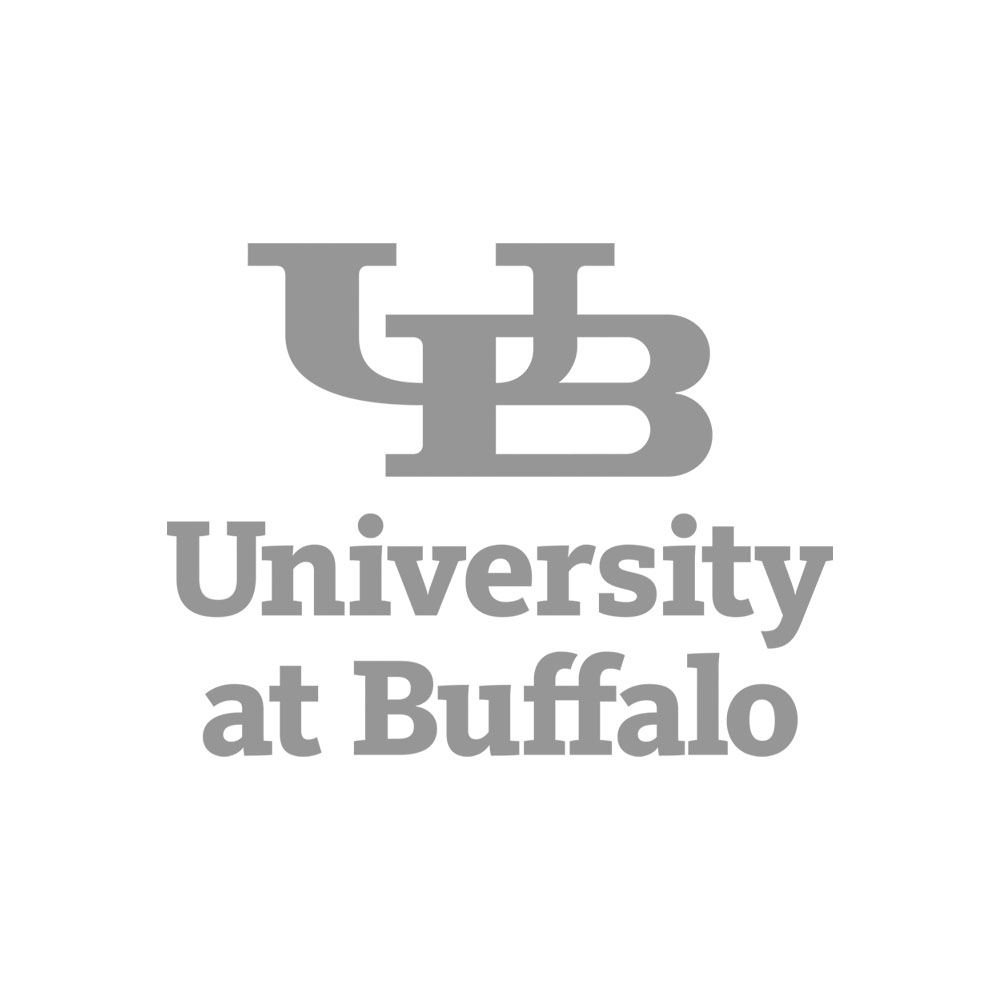
Client
University of Buffalo
Therapeutic Area
Hepatitis-C
Status
Launched September, 2016
On-Going

Team C is a PCORI-supported, University of Buffalo study addressing the spread of Hepatitis C Virus (HCV) in drug users seeking treatment at methadone clinics across the state of New York. Participants are recruited, enrolled, and treated with a tele-health program backed by the MyOwnMed ECOS Platform portal.
- 761 Patients screened
- 624 Patients enrolled
- 278 Patients completed HCV treatment
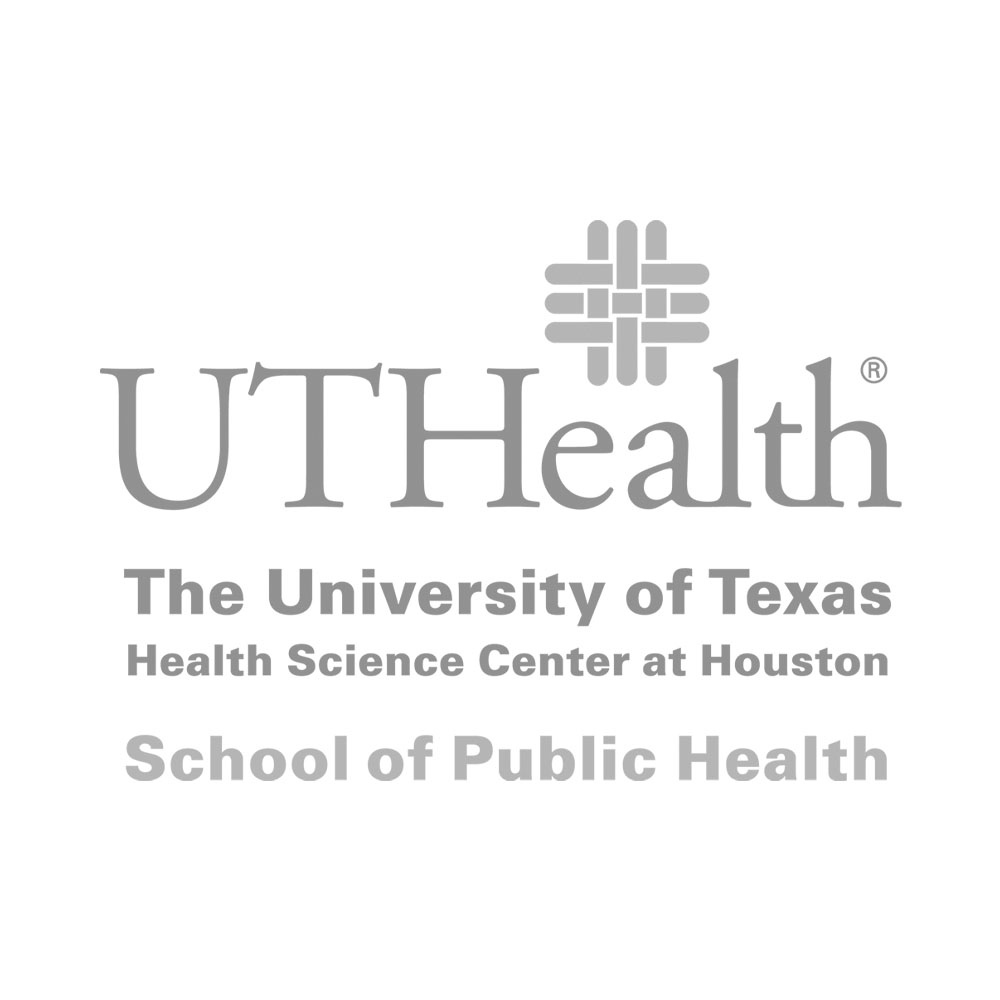
Client
University of Texas Health Science Center,
University of Texas at Brownsville and Valley Baptist Medical Center
Therapeutic Area
Diabetes
Status
Launched June, 2015
On-Going
University of Texas at Brownsville School of Public Health and Su Clinica are working to improve care and promote healthier lifestyles for diabetes patients. For the past six years our platform has been supporting community-based diabetes efforts in a Mexican border city with one of the highest rates of diabetes in the country. We power promatoras and diabetes educators by integrating data captured from home visits, classes, clinics and events to drive successful community-wide interventions.
- +14,000 participants (and growing)
- +14,500 vital signs entered
- +1500 questionnaires / surveys completed
- +2500 in-home visits
- +13,000 attendees in + 800 classes
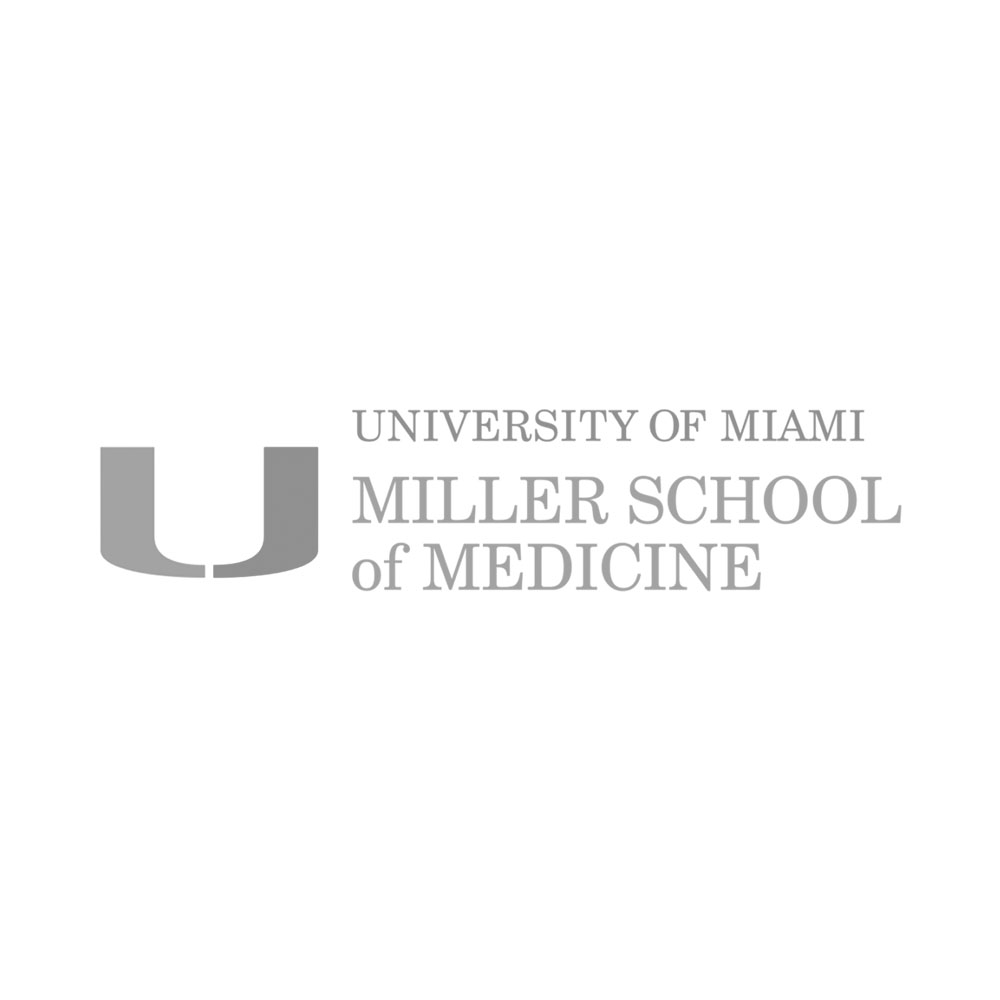
Client
University of Miami, Miller School of Medicine
Therapeutic Area
HPV
Status
Launched September, 2015
Completed August, 2016
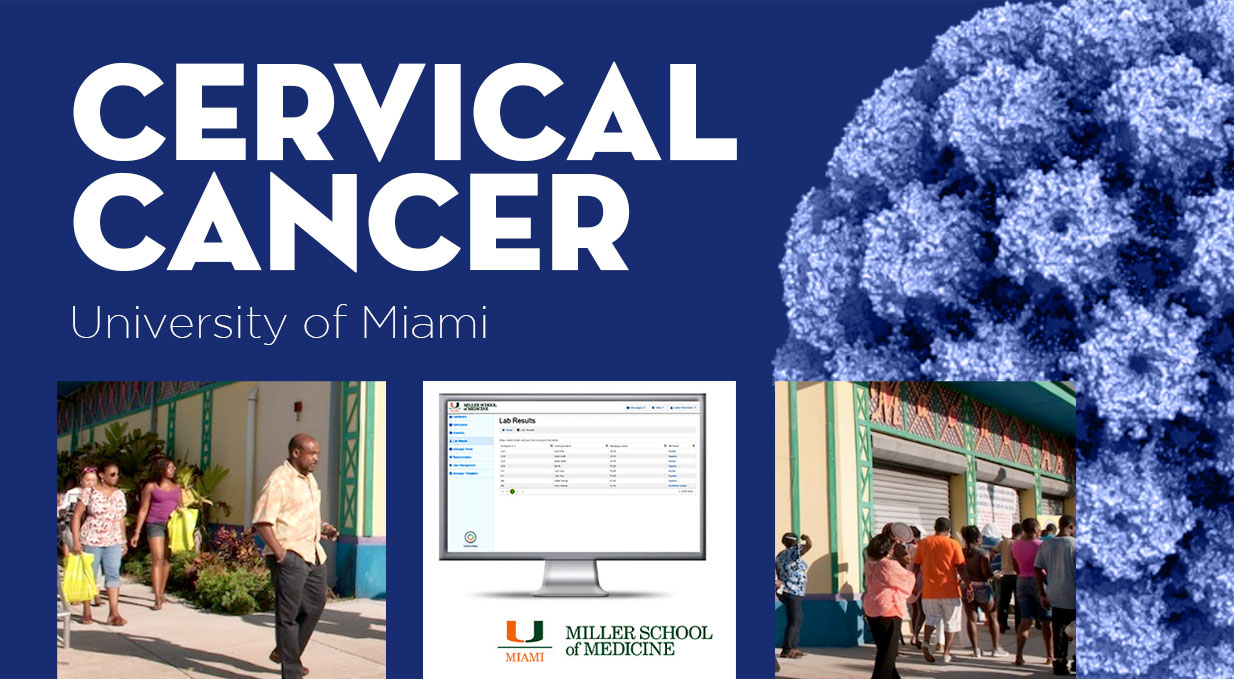
The University of Miami Miller School of Medicine studied HPV and cervical cancer rates in immigrant women in the underserved communities of Little Haiti, Hialeah, and South Dade. Integrating the MyOwnMed ECOS Platform and distributing self-screening kits helped overcome screening challenges from community cultural and religious norms. The study team was able to capture and track vital clinical data within real-time from self-reported results that allowed for much needed patient follow-up and engagement. The one-year study revealed a disproportionate number of cases, nearly four times the number compared to women in the overall metropolitan area.
- 271 participants
- 222 kits sent
- 143 positive HPV cases identified
- 30% to a 97% increase in community HPV testing rate
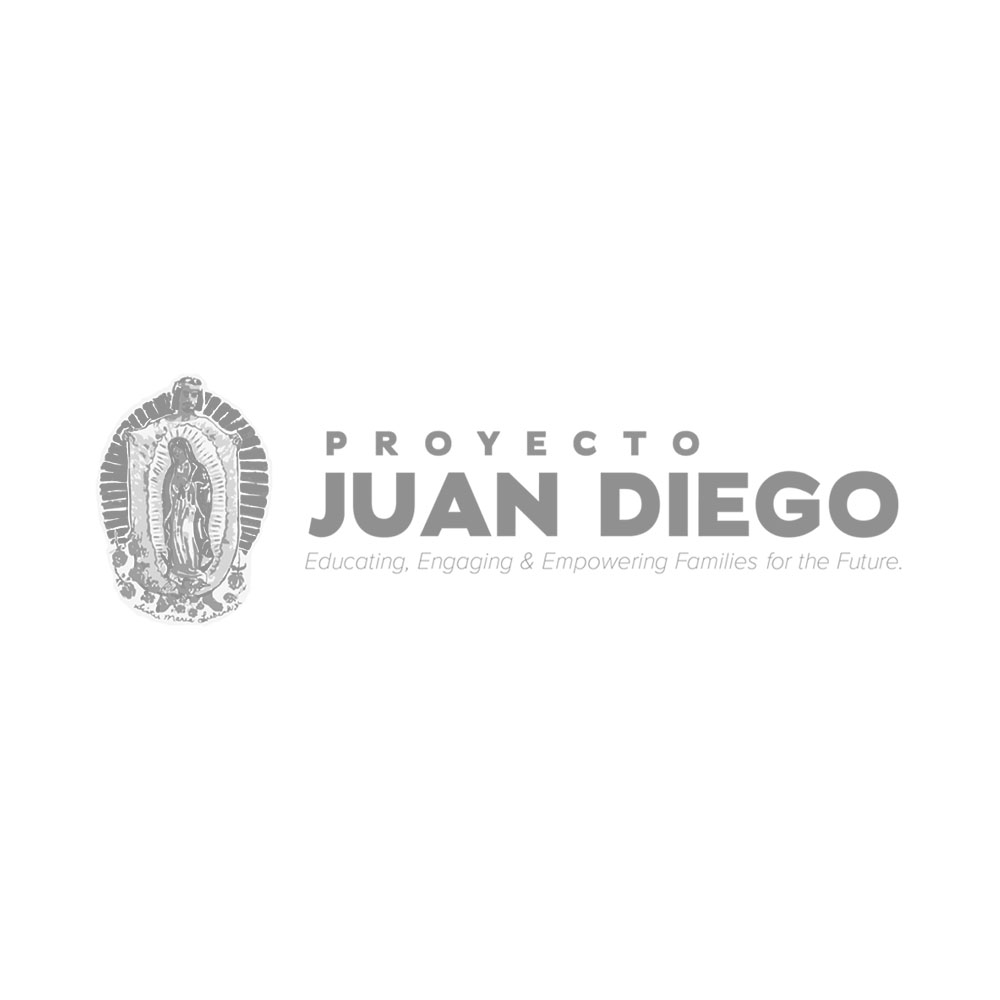
Client
PROYECTO Juan Diego with
University of Texas Health Science Center
Therapeutic Area
Diabetes
Status
Launched June, 2015
On-Going
PROYECTO ¡Salud y Vida! is a chronic care program for diabetes & pre-diabetes patients in the underserved communities of the Rio Grande Valley of Texas. The MyOwnMed ECOS Platform helps in screening, monitoring, and lifestyle management to delay or prevent the onset of diabetes for tens of thousands of participants. The use of our portal has helped community workers create more culturally relevant strategies for higher success rates.
- 1720+ participants for 5 years
- 83% of participants showed reduction in A1C at 3 months
- 61% of participants showed reduction in A1C at 15 months
